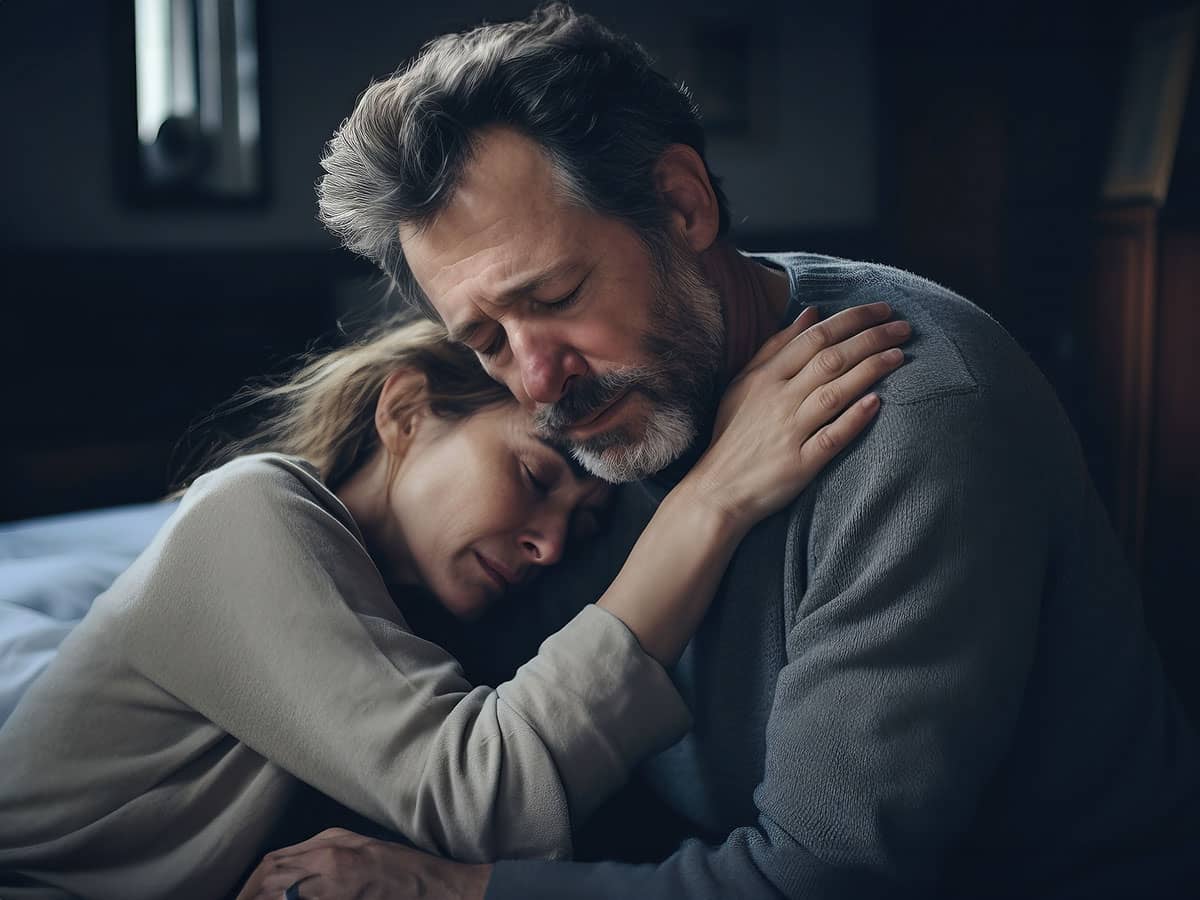
Occasionally, cemetery visitors throughout the United States might see coins on headstones, gravestones, and tombstones and wonder if there’s any significance to the currency. The Montana Veteran’s Affairs Division, or MVAD, which works with the Department of Military Affairs, a group of federal and state government agencies that help discharged veterans, released a “Coins on Headstones Meaning” guide that breaks down the tradition and symbolic meanings these coins hold.
What do these coins mean?
The MVAD wrote that a coin left on a headstone lets the deceased soldier’s family know that someone came to pay their respect. The guide states that the practice of leaving coins on the headstones of military personnel can be traced back to the Roman Empire. Soldiers would put the currency in the deceased soldier’s mouth to guarantee they could cross the River Styx into the afterlife. According to the MVAD, leaving coins on burial markers became standard practice during the Vietnam War.
The MVAD reports that leaving a coin was seen as a way to communicate that you had visited the grave instead of contacting the soldier’s family, which could turn into an uncomfortable disagreement over politics relating to the war due to the political divide in the country during the war.
Different coins hold different meanings.
According to the MVAD, each coin left on a veteran’s grave supposedly has a special meaning. For example, leaving a penny means someone visited the veteran’s grave. Leaving a nickel indicates that the person who visited the veteran’s grave trained them at boot camp. Dimes signify the person who visited the fallen soldier’s grave finished part of their service with the deceased in some capacity. Leaving a quarter means the person who visited the veteran’s grave was there when the soldier died.
The MVAD’s coin guide shares that most gravesite operators collect coins left on burial spots monthly. The money helps cover cemetery maintenance, the cost of burial for soldiers, or necessary help for veterans.
Other reasons for leaving coins.
According to the Smithsonian Center for Folklife and Cultural Heritage, in Salem, Massachusetts, visitors and residents leave flowers, coins, and other small objects on headstones during the anniversaries of the Salem witch trial hangings from June 10 to September 22.
The Schumacher and Benner Funeral Home & Crematory in Pottstown, Pennsylvania, states that American history lovers might also choose to leave coins on headstones to honor Benjamin Franklin, one of America’s founding fathers. Franklin’s famous phrase, “A penny saved is two pence clear,” which translates to “A penny saved is a penny earned,” inspired people to leave and throw pennies on his Philadelphia gravesite.
The Associated Press reported that so many coins were thrown at Franklin’s grave that the memorial site had to be restored in 2017. Schumacher and Benner wrote that some Americans had adopted this belief for their respected friends’ and family members’ graves. However, many cemeteries have asked people not to throw coins and ask them to place them on the headstone instead.
Globally, leaving coins as offerings to a deceased loved one is a tradition practiced by different groups in Europe, South America, and Asia, according to Join Cake, an end-of-life planning tool that helps people create estate plans and living wills.
Now that you know what each coin means when you see it, you’ll better understand what it means when you see a coin left behind. More importantly, you’ll understand the correct way to leave a coin.

